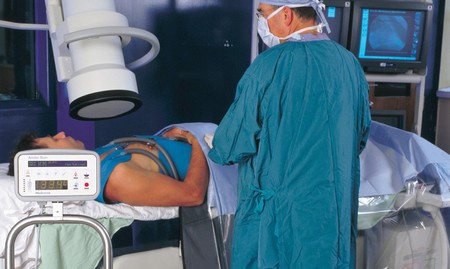Older adults are at especially high risk of hypothermia. Your metabolism has slowed down, so it is harder for you to keep your body temperature normal when the weather gets cold. Your body also has lost some of its sensitivity to changes in temperature, so you may not even feel your body chilling. Since you have less body fat as you age, you lose heat more quickly. Finally, you’re more likely to have another illness or condition, such as hypothyroidism or arthritis, that keeps you from fighting off hypothermia.
Imagine being caught in a thunderstorm and struggling to walk home in the driving rain. You’re cold, wet, and physically exhausted — three conditions that can easily cause hypothermia. But most people are surprised to learn you can develop it even if the temperature is above 50° F and you’re indoors. That’s what makes it especially dangerous.

You are at highest risk if you work outside; are malnourished, homeless or a victim of some kind of trauma; have been drinking alcohol; suffer from some type of mental illness; or become immersed in cold water. However, older adults that live alone are also at great risk.
If you suspect that you or someone else is suffering from hypothermia, seek a doctor’s care immediately. This is a potentially life-threatening condition. If you must delay emergency room treatment, here are some first-aid guidelines.
- Get warm — but slowly. If the victim is outside, get indoors if possible. Take off any wet clothing and wrap the person in blankets. If necessary, use your own body heat to help rewarm her. But do not put her into a hot bath. The sudden heat causes blood to rush to the skin, away from the heart and brain. For an older adult, this could be fatal.
- Pick your brew. It won’t matter if it is coffee, tea, or cocoa — just make sure it is warm. Don’t force anything into an unconscious hypothermia victim.
- Ban the booze. Despite what you see in the movies, a gulp of brandy or shot of whisky are the worst things you can take to warm up. Alcohol dilates your blood vessels, which may make you feel warm at first, but only allows more heat to escape through your skin.